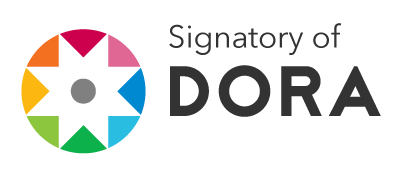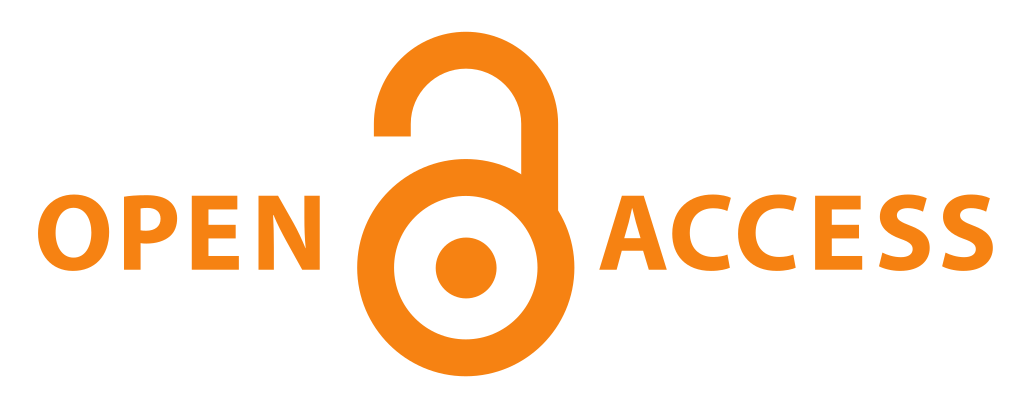Evaluation of the development of investigative competences: A study in the initial training teachers
Keywords:
investigative competences, initial teacher training, distance program, teaching practiceAbstract
The research training has been constituted in the last decades in a fundamental field for the initial preparation of the teaching staff. In this sense, this work presents the results of a study aimed at evaluating the development of research skills in students of the distance program of the National Pedagogical University Francisco Morazán. The research was conducted from a methodological approach that combines quantitative and qualitative techniques. 163 students participated in professional practice and 6 teachers who facilitate training spaces oriented to research. The results reveal that, the level achieved by the students is intermediate-advanced and no significant differences are identified by headquarters location. Regarding the assessment of the teaching staff, it is concluded that the didactic strategies that are privileged are the active, collaborative and those that link the theory and practice.
References
Al-Buainain, H. (2009). Students’ writing errors in EFL: A case study. Journal of Faculty of Education: University of Alexandria, 19(1), 311-351.
Alghamdi, A. K. H., y Deraney, P. (2018). Teaching Research Skills to Undergraduate Students Using an Active Learning Approach: A Proposed Model for Preparatory-Year Students in Saudi Arabia. International Journal of Teaching and Learning in Higher Education, 30(2), 184-194.
Baturay, M. H., y Bay, O. F. (2010). The effects of problem-based learning on the classroom community perceptions and achievement of web-based education students. Computers &Education, 55, 43–52.
Briones, G. (1996). Metodología de la Investigación Cuantitativa en las Ciencias Sociales. Colombia: ARFO Editores.
Buchberger, F., Campos, B., Kallos, D., y Stephenson, J. (2000). Green Paper on Teacher Education in Europe. Suecia: TNTEE and the Editors.
Díaz Barriga, F., y Hernández Rojas, G. (1998). Estrategias Docentes para un Aprendizaje Significativo. México: McGraw-Hill.
Dirección de Desarrollo Curricular. (2008). Documento Base de la Reforma Curricular de la UPNFM. Tegucigalpa, Honduras: Sello Editorial.
Donnelly, R. (2010). Harmonizing technology with interaction in blended problem-based learning. Computers & Education, 54, 350–359.
Enríquez, P. G. (2007). El Docente-Investigador: Un mapa para explorar un territorio complejo. San Luis, Argentina: LAE Ediciones.
Gutman, M., y Genser, L. (2017). How pre-service teachers internalize the link between research literacy and pedagogy. Educational Media International, 54(1), 63-76.
Hampden-Thompson, G., y Sundaram, V. (2013). Developing quantitative research skills and conceptualising an integrated approach to teaching research methods to education students. AISHE-J: The All Ireland in Higher Education, 5, 901–924.
Jaworski, B. (2003). Research practice into/influencing mathematics teaching and learning development: Towards a theoretical framework based on co-learning partnerships. Educational Studies in Mathematics, 54(2), 249–282.
Koichu, B., y Pinto, A. (2018). Developing Education Research Competencies in Mathematics Teachers Through TRAIL: Teacher-Researcher Alliance for Investigating Learning. Canadian Journal of Science, Mathematics and Technology Education, 18(1), 68-85.
Lim, C. P., Chai, C. S., y Churchill, D. (2011). A framework for developing pre-service teachers’competencies in using technologies to enhance teaching and learning. Educational Media International, 48, 69–83.
Maldonado, L., Lándazabal, D., Hernández, J., Ruíz, Y., Claro, A., Vanegas, H., & Cruz, S. (2007). Visibilidad y formación en investigación: Estrategias para el Desarrollo de Competencias Investigativas. Studiositas, 2(2), 43-56.
Maor, D. (2003). The teacher's role in developing interaction and reflection in an online learning community. Educational Media International, 40, 127–138.
Martín, P., María, L., Rondón Mora, L. M., y Piña de Valderrama, E. (2007). La Investigación como Eje Transversal en la Formación Docente. Una Propuesta Metodológica en el Marco de la Transformación Curricular de la UPEL. Laurus, 13(24), 173-194.
Meyers, C., y Jones, T. B. (1993). Promoting active learning: Strategies for the college classroom. San Francisco, CA: Jossey-Bass.
Miles, M. B., y Huberman, A. M. (1994). Qualitative data analysis: An expanded sourcebook (Segunda ed.). London: Sage Publications.
Oropeza, M. y Mena, A. (2014). Modelo de formación y desarrollo de la competencia investigativa en docentes en ejercicio de la educación media superior sin formación pedagógica, vinculados a la benemérita Universidad Autónoma de Puebla. Didasc@lia: Didáctica y Educación, 5(1), 85-97.
Pogré, P. (2011). Formar Docentes hoy, ¿qué deben comprender los futuros docentes? Prespectiva Educacional, 51(1), 45-56.
Stenhouse, L. (2003). Investigación y Desarrollo del Curriculum (Quinta ed.). Madrid: Ediciones Morata.
Taylor, R. B., Anderson, T., y McConnell, P. (2003). Competencies and interest in a problem- focused undergraduate research methods criminal justice course: Two assessments. Journal of Criminal Justice Education, 14(1), 133-148.
Tobón, S. (2008). La formación basada en competencias en la educación superior: el enfoque complejo. México: Universidad Autónoma de Guadalajara.
UNESCO. (2006). Modelos Innovadores en la Formación Inicial Docente. Santiago de Chile, Chile: Andros Impresores.
Vaillant, D., y Marcelo, C. (2015). El ABC y D de la Formación Docente. Madrid, España: NARCEA.
Downloads
Published
Versions
- 24-07-2020 (1)
- 03-06-2019 ()
How to Cite
Issue
Section
License

This work is licensed under a Creative Commons Attribution-NonCommercial-NoDerivatives 4.0 International License.








